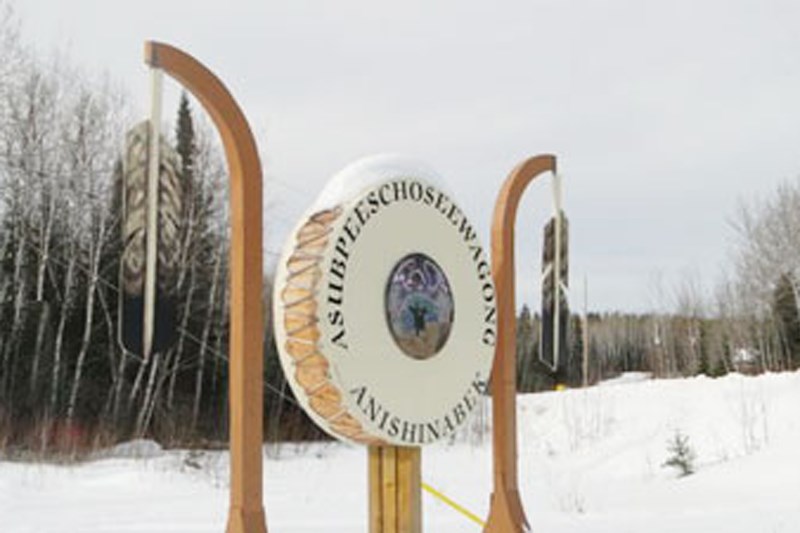GRASSY NARROWS – Scientists getting recognition for their research on the health impacts of mercury in Grassy Narrows (Asubpeeschoseewagong) First Nation “means a lot” to the community, the First Nation’s chief said Monday.
Chief Rudy Turtle said in an interview that keeping the Grassy Narrows mercury story in the public consciousness is “very important because there's still mercury in the water and it will be here for a long time,” and it’s still affecting his community.
The work of Quebec biologist Donna Mergler and her colleagues benefit Grassy Narrows and “other communities across Canada that could be suffering from mercury poisoning,” he added.
Mergler, professor emerita at Université du Québec à Montréal, has been jointly named Radio-Canada Scientist of the Year along with UQAM health researcher Aline Philibert, TELUQ University science and technology professor Myriam Fillion and Grassy Narrows environmental health coordinator Judy Da Silva.
They are being recognized for their research into prenatal exposure to mercury and high rates of suicide attempts among children and youth in Grassy Narrows.
The scientists’ study, published in a 2022 issue of the journal Environmental Health, found mercury poisoning continues to have a profound impact on the physical and mental health of people in the Ojibwe community northeast of Kenora.
A pulp mill in Dryden released untreated waste, including an estimated nine tonnes of mercury, into the Wabigoon River in the 1960s and ’70s.
First Nations downstream from the mill, especially Grassy Narrows, experienced an ecological and public health catastrophe as a result. Mercury contamination entered the food chain and accumulated in the fish eaten by Grassy Narrows members.
The Ontario government shut down Grassy Narrows’ commercial fishery in 1970 and told people to avoid eating the fish. Some residents continued to eat fish from the Wabigoon-English river system, however, as it was a familiar part of their diet.
“I’m very proud of Dr. Mergler and her team’s achievement and grateful for all the effort that’s been put in over the years,” Turtle said.
The chief said he sees the effects of mercury poisoning to this day in Grassy Narrows, where many people have difficulties in physical coordination and other symptoms.
“It's been discovered that it has a generational impact,” he added.
The work of Mergler and her teammates “has cast a light on this human tragedy,” said Dany Meloul, Radio-Canada executive vice-president, in a news release.
